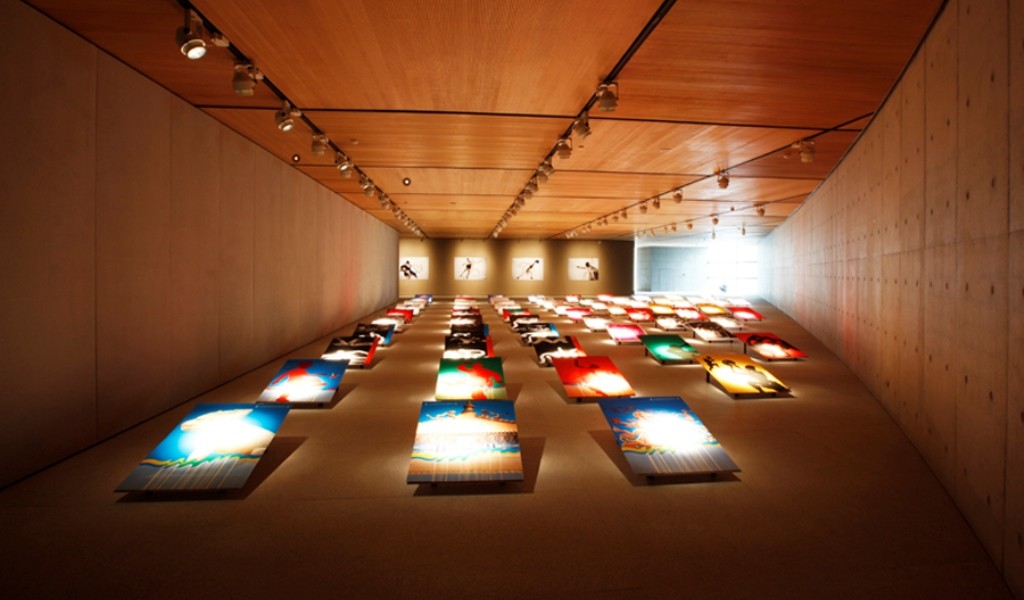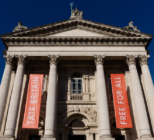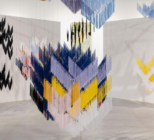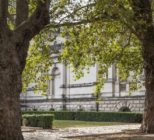The UK – China 2015 Museum Dialogues in Beijing are supported by the British Council, and will examine the role of the contemporary art museum in society, featuring contributions from leading arts professionals in the UK and Chinese art organisations. Three distinct seminars will explore the evolving ecologies in museum practice in China and UK: the role of the art museum in society; the role of research in developing collections and programmes; and the role of artists and audiences.
The seminars will be held at CAFAM, the Ullens Center for Contemporary Art (UCCA) and OCT Contemporary Art Terminal Beijing Institute (OCAT). Bringing together leading professionals from UK visual art organisations and public and private museums in China, the seminars will address the different models and shifting ecologies within which these organisations operate.
Judith Nesbitt, Director of National and International Programmes at Tate said: “Through professional exchange we aim to develop better understanding between museums of modern and contemporary art in the UK and China, building lasting relationships and the scope for collaboration through shared programmes.”
Partnering with Tate on the Museum Dialogues seminars are, from the UK: Artes Mundi, the Chinese Centre for Contemporary Art (CCFCA), mima, Turner Contemporary and the Whitworth. In China, partners include: CAFAM, Power Station of Art, UCCA, M+, Rockbund Art Museum and OCT Contemporary Art Terminal (OCAT).
The Museum Dialogues series forms part of the China-UK Exchange Programme developed by Tate, British Museum, British Library and V&A and is an important part of the 2015 UK-China Year of Cultural Exchange.
Wang Huangsheng, Director of CAFAM, said: “The programme is a historical step for high-level professional engagement and will contribute to mutual understanding between museums in China and the UK. It will enable professionals from Chinese art museums to enhance their capability through participation in the events. We look forward to building long-term ‘Museum Dialogues’”.










